He spent long hours of time either in solitude or dialoguing with his friends, teachers, and wandering monks.
The young mind was disinterested in the ordinary, and sought to find the Light that was beckoning Him. He walked. He meditated. He kept silent. He read.
-
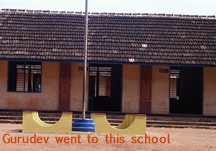 Everyday the young boy walked 10 miles to the school eager for the classes and to devour books in the public library. By the age of 14 He finished reading Nehru's Glimpses of World History, complete works of Swami Vivekananda, and Mahatma Gandhi, and by 17 he finished Marx's Das Capital, Adam Smith's The Wealth of Nations, Herbert Marcuse's One-dimensional man, Regis Debre's Revolution in Revolution, and Albert Camu's The Rebel.
Everyday the young boy walked 10 miles to the school eager for the classes and to devour books in the public library. By the age of 14 He finished reading Nehru's Glimpses of World History, complete works of Swami Vivekananda, and Mahatma Gandhi, and by 17 he finished Marx's Das Capital, Adam Smith's The Wealth of Nations, Herbert Marcuse's One-dimensional man, Regis Debre's Revolution in Revolution, and Albert Camu's The Rebel.
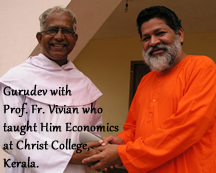
The brilliant student, graduated with government scholarship from Christ college, (Irinjalakuda) Kerala, and subsequently chose economics and political science for post graduation. His favourite subject continued to be economics, and one of his favourite teachers, Fr. Vivan who taught him economics.
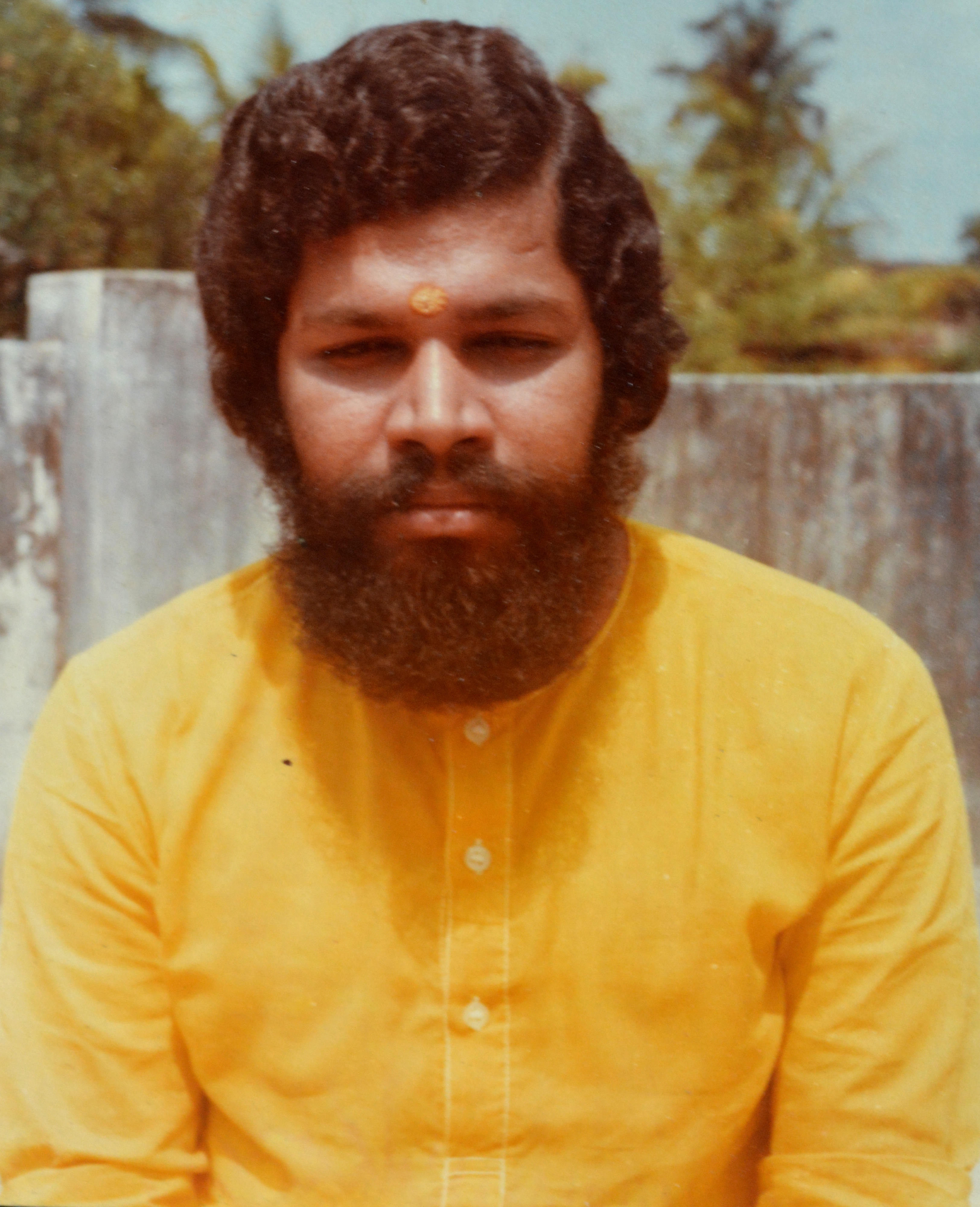
Gurudev spent several years in the Himalayas in silence watching the embodiment of ultimate truth - the snow clad mountains, and in meditation absorbed in the non-dual basis of existence - Brahman.
His enlightenment is marked by compassion, love, and a crystal clear vision that illumines even the darkest corners of human mind.
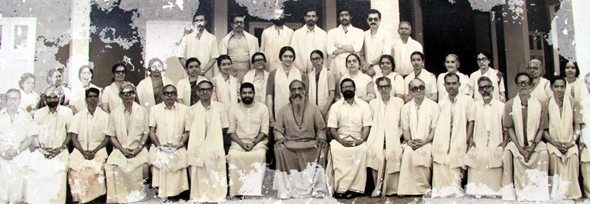
-
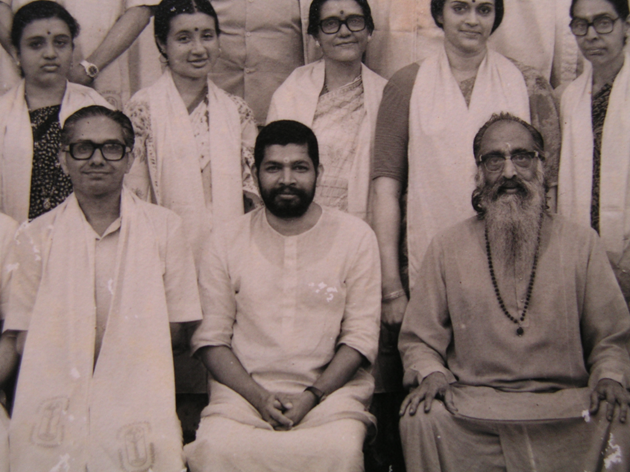
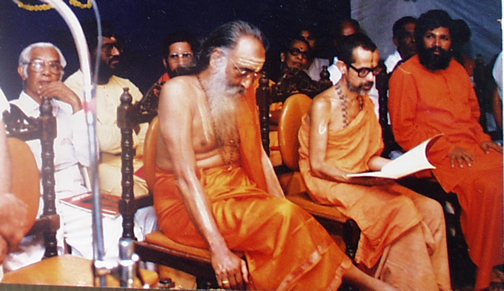

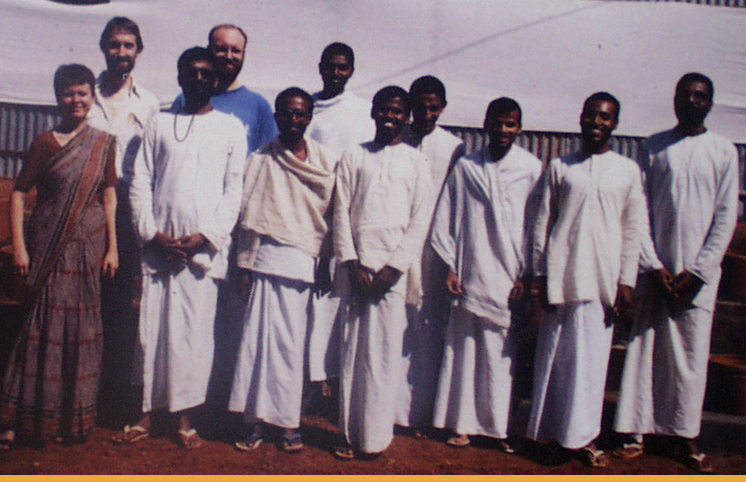
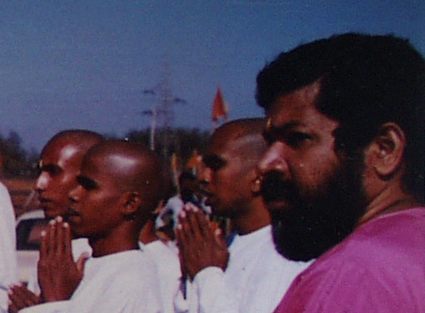
In the early eightees Swami Bodhananda spent several years teaching in Ernakulam, and the students at that time included very welknown community and social leaders of that time.
From 1987 to 1990 Swami Bodhananda was the Mukhyacharya at the Sandeepany Sadanalaya in Kasargode (north Kerala) and taught a complete course of Vedanta for the first batch of Brahmacharis. The Sadhanalaya was inaugurated in September 1987.
The Brahmachari Training Course replete with a syllabus to master the mind as well as scriptures was taught by Swami Bodhananda and completed in a period of two and half years. Many of the Brahmacharis Gurudv taught then are today well-known sanyasins, and among them is Swami Adhyatmananda, who currently heads the Sambodh Kerala.
-
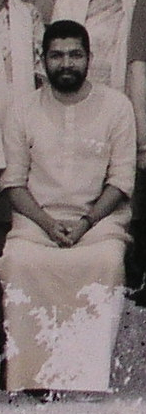
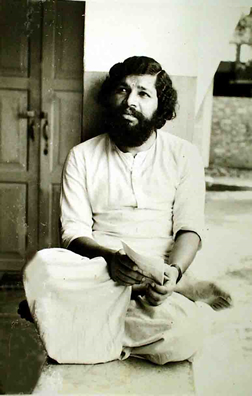
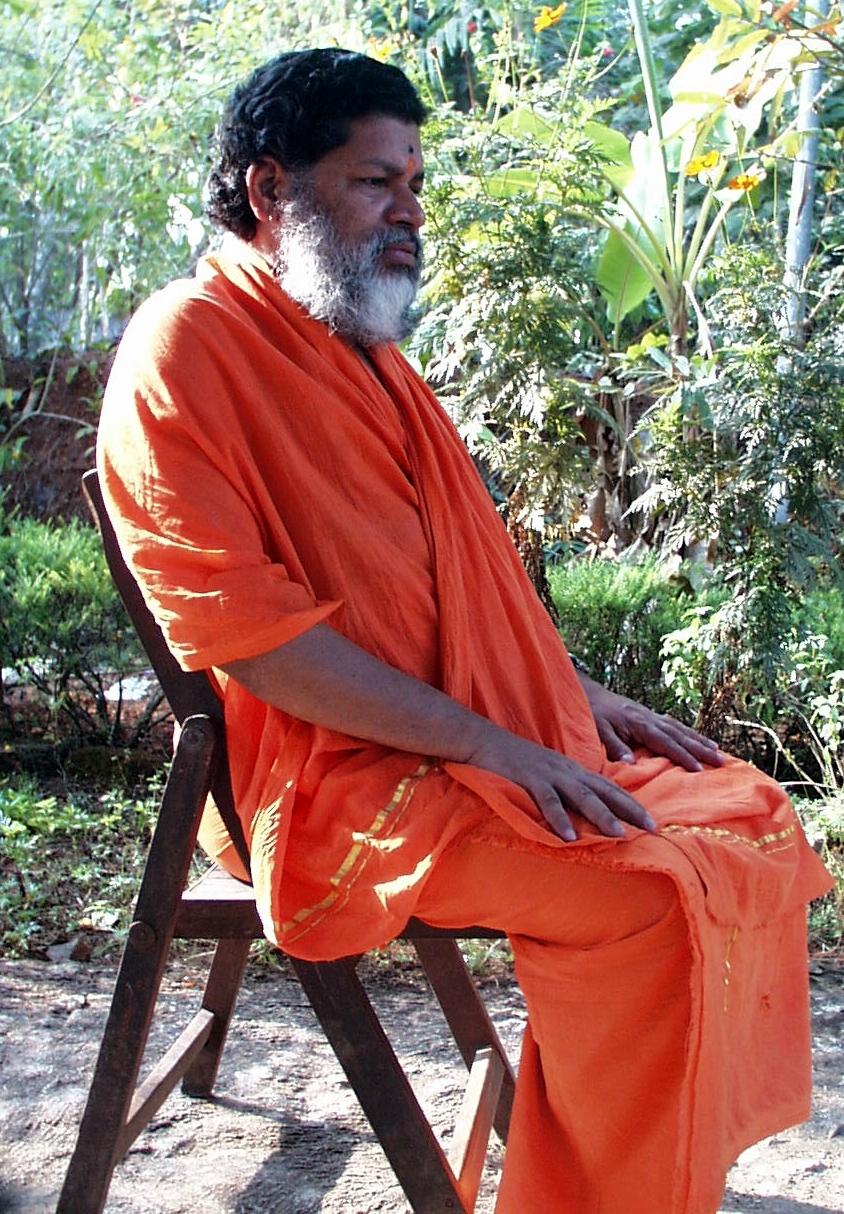
Swami Bodhananda is a Teacher of keen observation, sharp analytical thinking, subtle perception, and an integral vision, all marked by unconditional compassion for anyone and everyone who comes to Him. His analysis of any issue, whether it is of geopolitical importance, or philosophical abstraction, or psychological complexity, always brings with it nuanced clarity coupled with connected and unified presentation. Hence, anyone who meets Him finds the issue of discussion retold in an exhaustive, lucid, and connected manner. And in that retelling, one finds an enlightening and accomodative reponse to their question and challenge.Gurudev believes in the fundamental unity of life, and in freedom of the individual as the uncomprimisable value.
-
